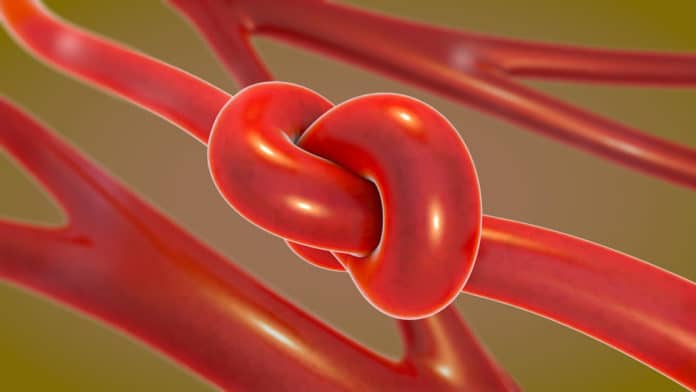Long term stress, or a constant stress experienced over a prolonged period of time, can contribute to long-term problems for heart and blood vessels. In the case of people with depression, scientists reported, small, everyday stressors may be enough to diminish blood vessel function in otherwise healthy adults.
The study conducted by the Penn State scientists could act as a gate to look at whether if people are taught more behavioral strategies in dealing with everyday stressors. For example, maybe mindfulness or cognitive behavioral therapy could be beneficial not just for young, healthy adults, but also for those who are at risk for cardiovascular disease.
Scientists during the study recruited 43 healthy adults who did not have cardiovascular disease, did not use tobacco products and were recreationally active. They also evaluated the participants for symptoms of depression.
Before starting the experiment, participants were primarily asked if they had experienced any stressors, for example, arguments with a friend or family member or a stressful event at work or school.
Scientists also measured endothelial function by inserting a tiny fiber under the skin of the participants’ arms. The fiber allowed them to apply a small amount of the drug acetylcholine, which then affected the blood vessels in an area about the size of a dime. The researchers then looked at how the drug affected the endothelial function in those vessels.
Scientists found that stress is associated with worse endothelial function and other symptoms related to depression in people with depression.
Jody Greaney, now an assistant professor at the University of Texas at Arlington, who led this study as a postdoctoral research fellow at Penn State said, “When I started studying how vascular function differs in adults with depression, it became clear that we had to consider the role of stress, as well. If you’re chronically stressed, you’re more likely to develop depression. It’s just impossible to tease those two apart. We wanted to look at the three-way interaction between stress, depression and vascular function.”
“Adults with depression also experienced more stress and rated it as being more severe than healthy nondepressed adults, which confirms the link between stress and depression. Additionally, adults with depression may have a worse vascular function in general, although the endothelial function was worse when depression and stress were combined.”
“In addition to being helpful for designing future prevention and intervention efforts, the results have helped underline the importance of the psychological aspects of certain conditions.”
“As a physiologist, I’m used to drilling down into the specific mechanisms of vascular function without ever considering a psychological profile of that person. But this study would tell you that’s critically important to consider — the interplay because of physiology and psychology.”
“In the future, I hope to continue researching a more comprehensive assessment of stress and additional measures of vascular function.”
The study is published in the Journal of the American Heart Association.
